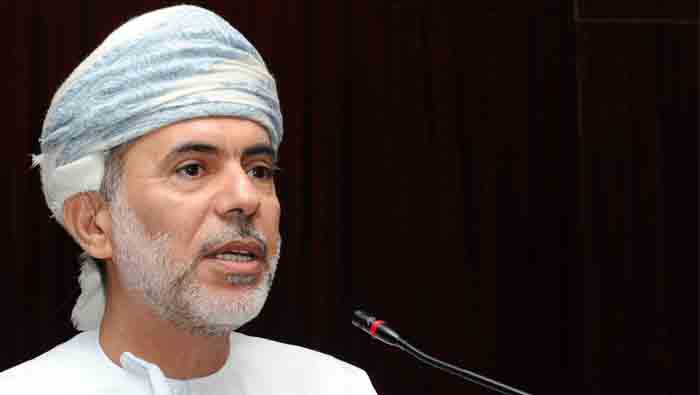
Muscat: It has been recommended to create insurance products for the agriculture and livestock products in Oman and also constitute a committee to look into the details and feasibility of underwriting agricultural products at a joint meeting on Wednesday.
The meeting at the Capital Market Authority (CMA) on Wednesday between the CMA, Ministry of Agriculture and Fisheries and Oman Chamber of Commerce and Industry and insurers, was organised to discuss agricultural insurance products in the Sultanate and insurance products needed for agricultural activities to mitigate the risk they are exposed to and to continue agricultural production to increase its contribution to the GDP and provision of food security.
The meeting was attended by Sheikh Abdullah Salim Al Salmi, executive president of CMA; Dr Ahmed Naser Al Bakry, undersecretary at the Ministry of Agriculture and Fisheries; Said Saleh Al Kiyoumi, chairman of Oman Chamber of Commerce and Industry and representatives of insurance companies.
Sheikh Abdullah Salim Al Salmi in his speech said that the meeting is convened to consider and explain challenges facing the agricultural and fisheries insurance sector which is a vital sector providing food security and is a component of the national economy.
He added that the agricultural sector requires a sort of insurance hence this meeting is held to review the level of available insurance products to provide for coverage of the risks the sector is exposed to as well as the obstacles facing the expansion in insurance products for this sector which will contribute to increasing the GDP and creating new avenues for diversification of the national economy.
Naser Ahmed Al Salehi, director of Valuation and Risk Surveillance of CMA reviewed the results of study conducted by CMA on insurance products for agricultural sector and the viability of insurance products for agriculture in the Sultanate through a questionnaire sent to all insurers.
He said the study showed all insurance companies are not underwriting such risks in the Omani market though there are prominent international insurance players operating in the Sultanate covering such risks in the neighbouring countries.
Al Salehi summarised the lack of insurance underwriting for agriculture in lack of the required expertise, difficulty in finding reinsurers, lack of loss valuators and inadequate marketing strategies .
He pointed out that 40 per cent of the insurers are ready to accept underwriting such risks in the near future and 60 per cent of the companies are not ready to accept underwriting such risks soon. Forty-four per cent of the insurers believe coverage of such risks is viable while 56 per cent thinks it is unviable.
Dr Hilal Saud Al Ambosaidy, director General of Agricultural and Livestock Marketing and Investment, Ministry of Agriculture and Fisheries said that the number of farmers is high as well as the contribution of the agricultural sector in the GDP is 1.3 per cent which is high compared to the other counties and is the second in the Gulf Cooperation Council after Saudi Arabia in the participation of the private sector in the national economy.
He said the targeted sectors in the initial stages is greenhouses, honey bee farms, poultry farms and dairy farms.
Ali Abdulazim Al Lawati, chairman of the Omani Insurance Association reviewed the initial information required by insurers for agricultural underwriting to cover the risks of natural calamities on the crops.
He explained that the insurers need to know the number of farmers, cultivated area, agricultural awareness and technical programmes and whether or not available for small and medium enterprises and the costs so as to provide coverage.
The move comes to achieve sustainable development in agricultural sector and to create appropriate environment for investment initiatives to support comprehensive development plans and programmes focusing on creating new sources of income to reduce dependence on oil.